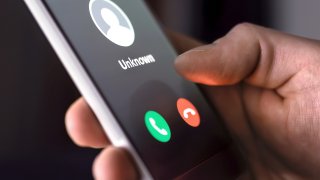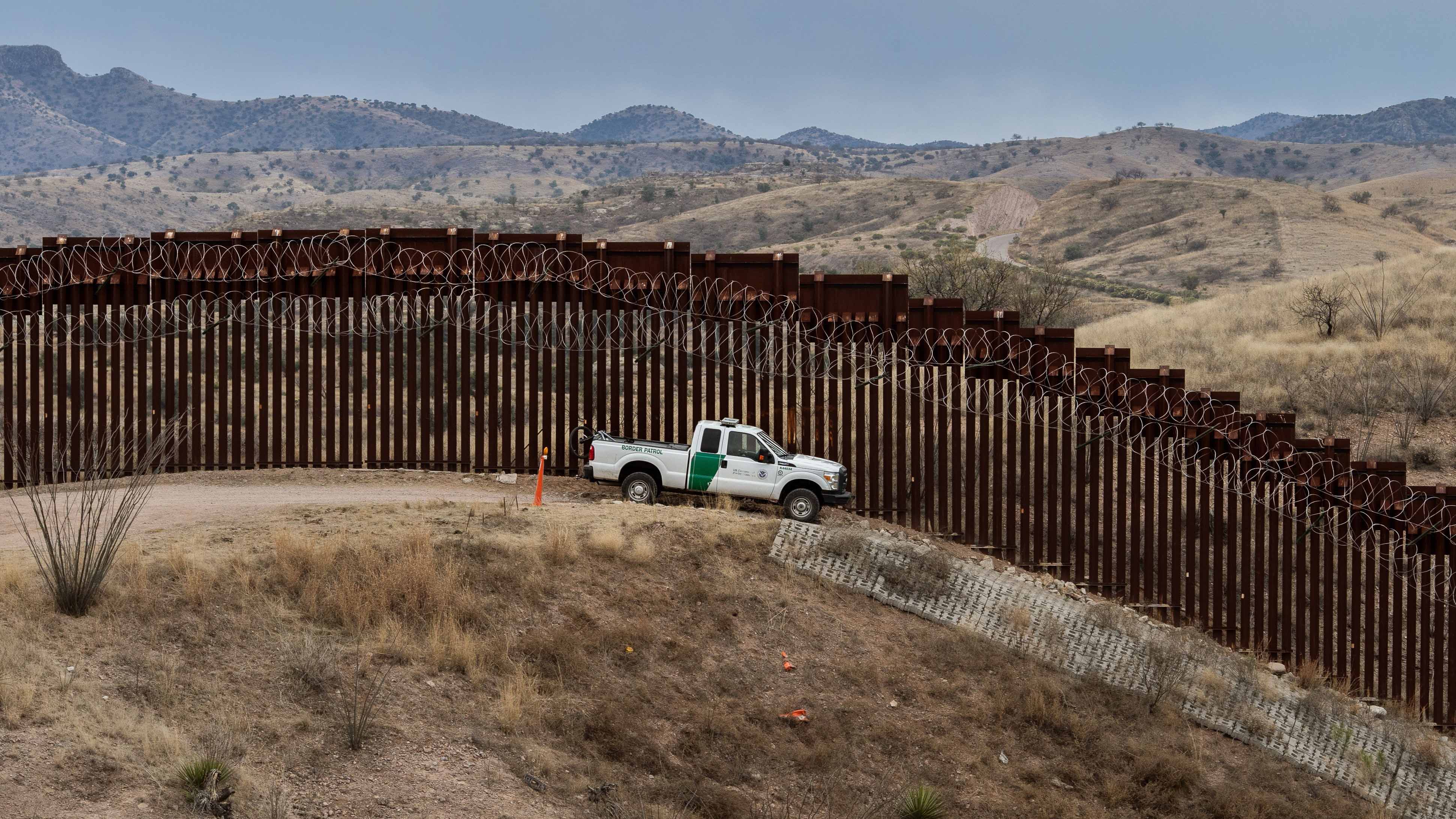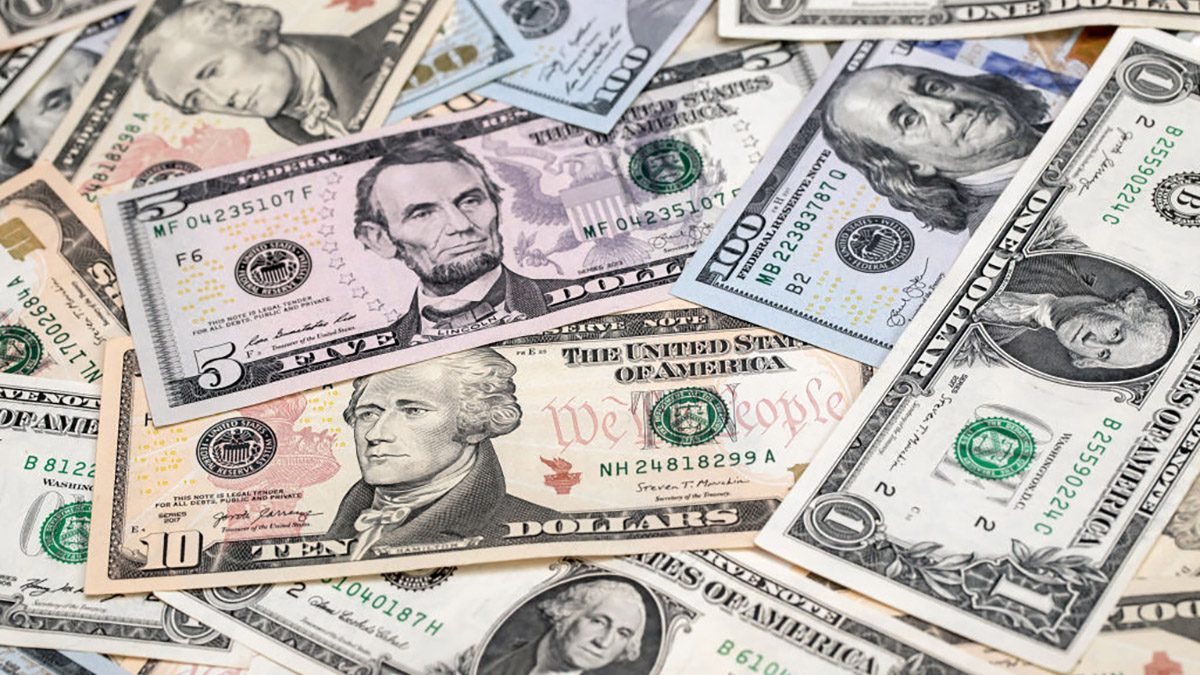
Authorities are warning of a new scam where Border Patrol agents allegedly call people to say they are in trouble for committing criminal activity.
When the scammers call, they use a threatening tone to provoke fear and to make people easily fall for their trap.
Imagine that your phone rings, you notice that the area code of the person calling is local, so you answer. With a serious voice, the scammer says the Department of Customs and Border Protection is calling and that you are in trouble for alleged crimes made on your name. They might also say you have been fined and you need to pay immediately to be out of trouble, but that would never happen.
"When we have a seizure of some kind, that information is not shared with the public, nor with any family member for security reasons," said César Martínez of the Customs and Border Protection agency.
Get top local stories in Southern California delivered to you every morning. Sign up for NBC LA's News Headlines newsletter.
The agency, Martinez says, has strict protocols regarding confidentiality, and adheres to the process established by law.
"It is a scam, it is a fraud, we are not calling anyone," said Martínez.
If you receive one of these calls, don’t be scared, write down the number, hang up immediately and report it to the police.
"Report the call to your local or federal authorities if you have the phone number, and the more information you can give, the better," Martinez said.
Any issue that concerns the Department of Customs and Border Protection won't be resolved over the phone, or with an electronic payment. The agency will never ask for information about your bank account, social security, or other confidential information either, so do not be intimidated, especially if you are pressured to make a payment over the phone.
All government offices avoid making phone calls to residents. If a recording or even a person says they are calling from a government entity, and intimidates you or asks for any type of payment, it is a clear sign that you are talking to a scammer, do not hesitate, and simply hang up.




